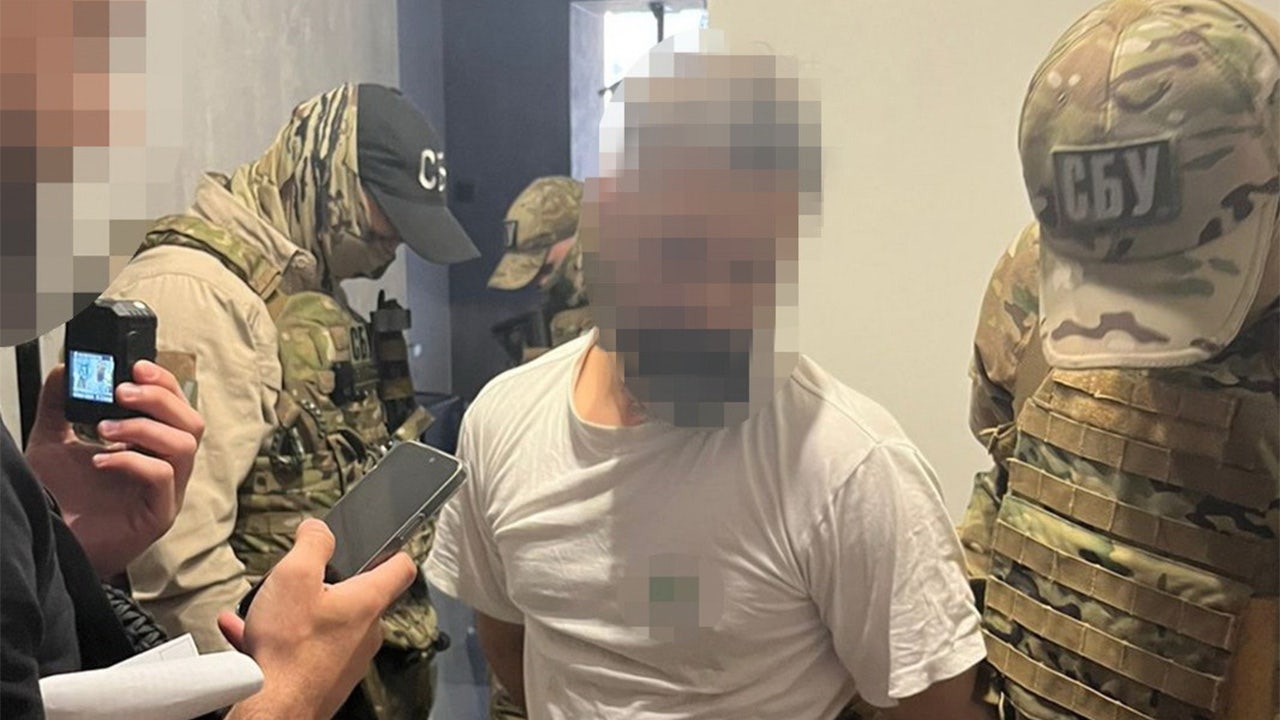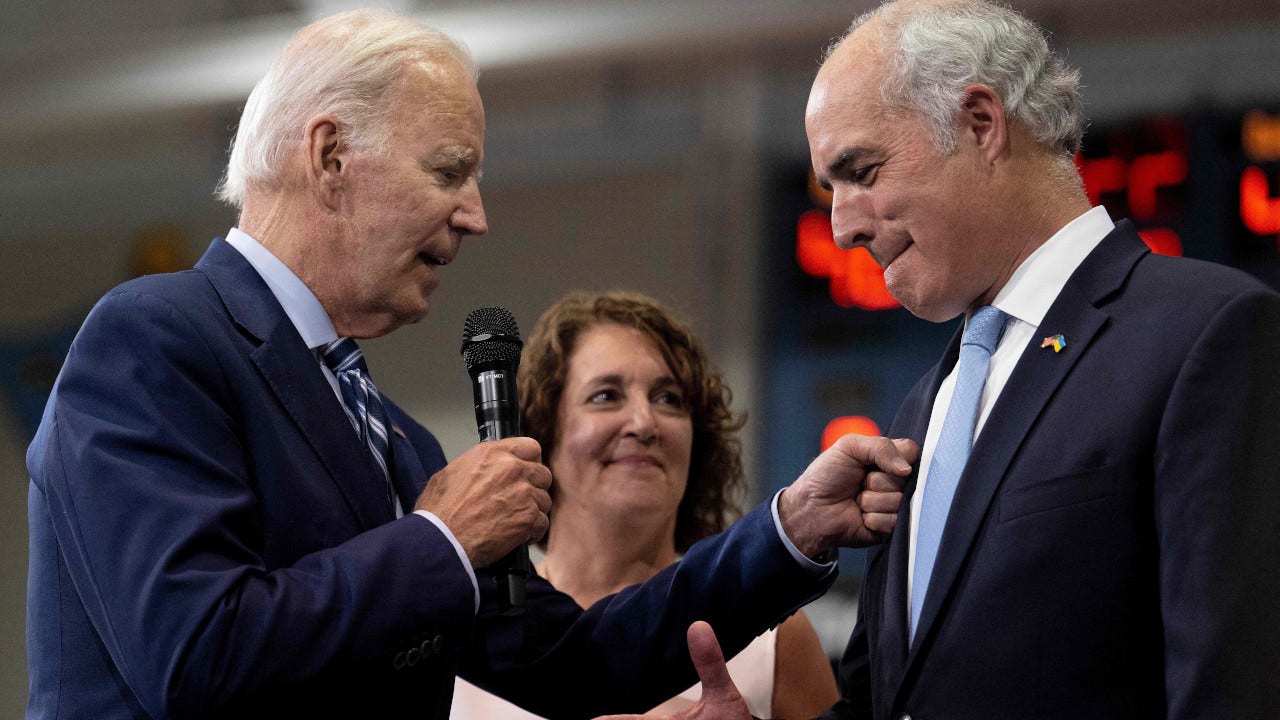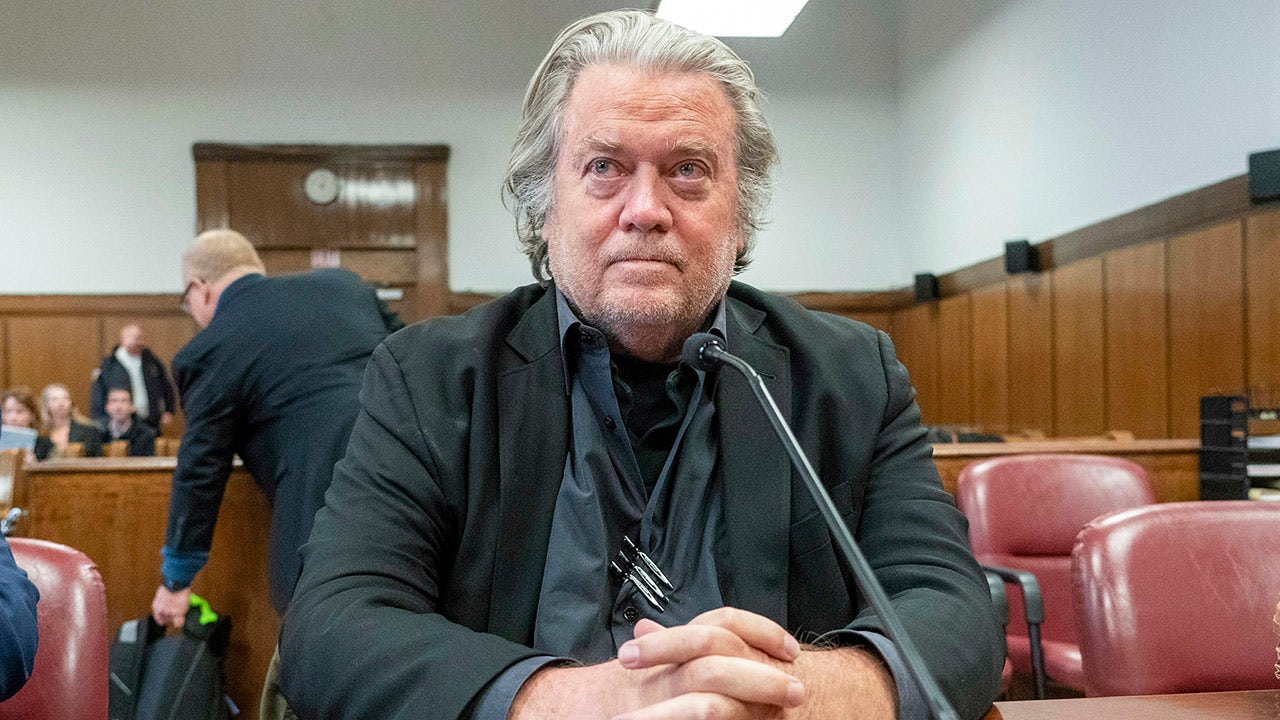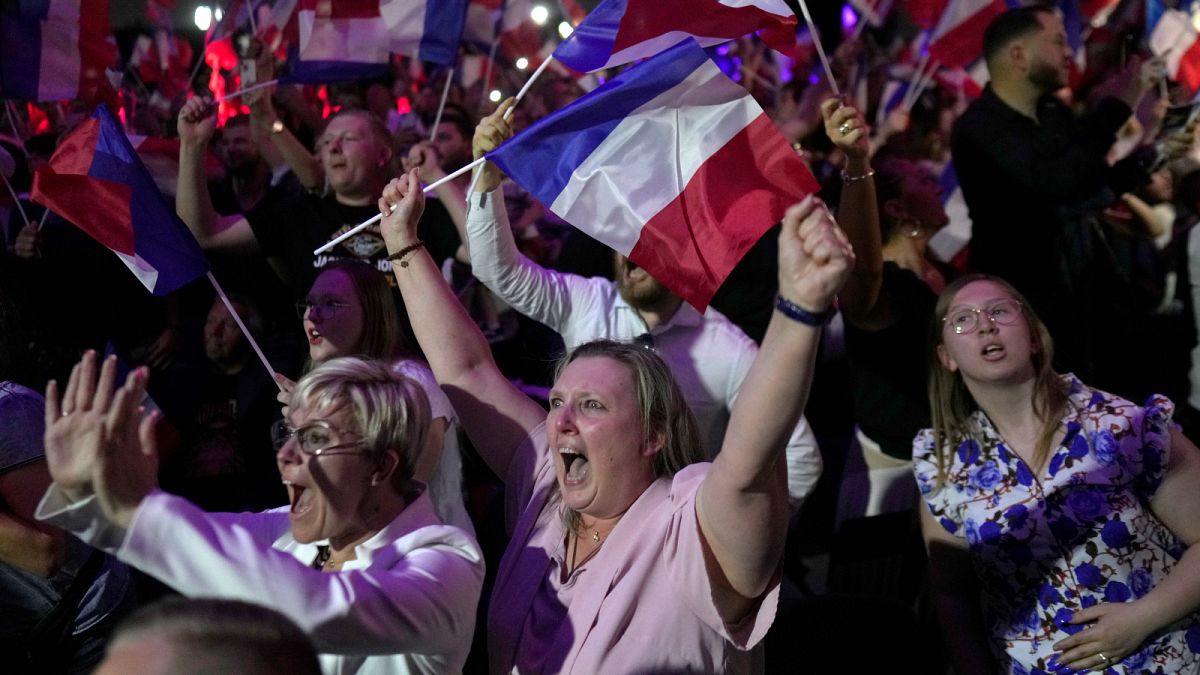Sports
Letters to Sports: Lakers drafting Bronny James is terrible move for player and team
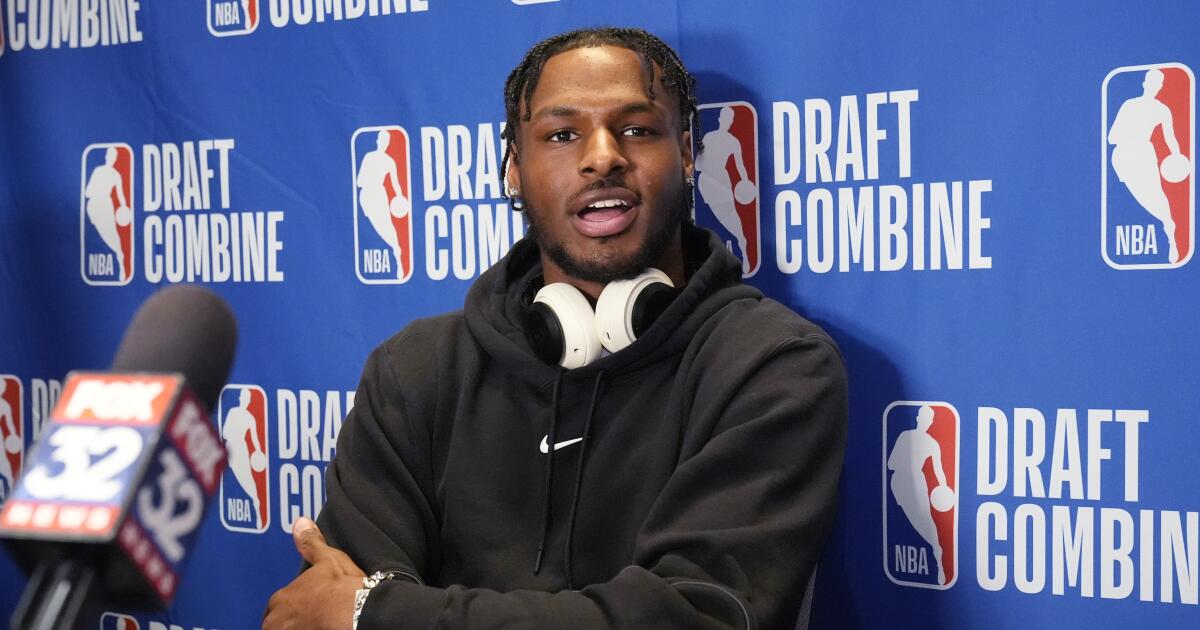
I feel sorry for Bronny James. His dad did him no favors. What if other players think he gets more playing time than he deserves because he’s LeBron’s son or takes one of their jobs? What if LeBron wants him to get more time than he deserves? Think Doc and Austin Rivers. Terrible move for Bronny and the Lakers.
Alvin S. Michaelson
Marina Del Rey
Shame on Jeanie Buss, shame on Rob Pelinka and shame on the Lakers organization for selling their soul to team James. Nothing against Bronny, but the younger James wasn’t even good enough to have any meaningful impact at USC. So not only have the Lakers wasted a second-round pick on Bronny, but more important, these actions will potentially cost a deserving youngster a valuable spot in a very limited NBA players pool.
Greg Nersesyan
North Hollywood
Lakers use a valuable draft pick on Bronny James? In high school, Bronny didn’t even make his all-league first team. On a very bad USC team last year, he didn’t start and averaged less than five points a game. He will add absolutely no value to the Lakers roster. They could have signed him as a free agent as no other team would certainly have drafted him unless his father was on the team. I’m 75 years old. Draft me….it’ll make the same difference in the Lakers’ championship chances. And I’ll play for the league minimum.
Jack Nelson
Los Angeles
So now it’s official, the Los Angeles LeBrons have officially been held hostage by LeBron James and Rich Paul. The successful negotiation involved a $50-million contract for a 40-year-old, a draft choice for a player who couldn’t even start for his college team and a head coach who has never coached a single day in his life but shares a podcast with James.
Two years from now, LeBron will be retired, the Lakers will have yet another new coach and the 55th pick will be the 11th man off the bench. And the Lakers will not see the playoffs again until the next decade.
Bob Goldstone
Corona Del Mar
Bronny James likely has had better, individualized coaching than any other player ever drafted into the NBA. So before he or the Lakers are criticized, let’s wait to see Bronny’s game.
Richard Raffalow
Valley Glen
Dear Lakers,
You have officially become embarrassing.
George Sagadencky
Encino

Sports
Paranoia, moles and 'poison coming from all sides' – inside Italy's awful Euro 2024

Follow live coverage of France vs Belgium and Portugal vs Slovenia at Euro 2024 today
Luciano Spalletti still hadn’t found the Iserlohn mole.
“I don’t know how to answer that,” he apologised. “I hope you can give me a helping hand but I don’t know how to answer that question.” Searches in the Sauerland countryside where Italy were based for the Euros turned up nothing. Holes in the inner sanctum of Casa Azzurri, as the national team’s training centre is known, concerned him whether they were real or not. “There’s a Julian Assange in the dressing room. A striker would have been more useful, but there you go,” Corriere della Sera columnist Massimo Gramellini wryly observed.
After the 1-1 group stage draw against Croatia in Leipzig, Spalletti walked into the press conference with little of the euphoria one might expect after Mattia Zaccagni’s 98th-minute equaliser ensured Italy got out of the group of death. The afterglow instead lit his short fuse. He’d already clashed with Sky Italia analyst Paolo Condo over the perception his team were too cautious. “What do you mean caution?”
He’d bristled at a UEFA reporter who started a question about how losing to Croatia at the RB Arena would have been undeserved with the line: if you hadn’t scored that goal… Spalletti immediately cut in. “Lads, we had three or four big chances!” His hackles were up by the time he took his seat before the rest of the media. His Armani jacket no longer rested as it should on his shoulders. He left the impression of a man who believed everyone was out to get him. A lion surrounded by rifle-pointing big-game hunters.
When a radio journalist said it was his impression Spalletti had listened to his players and made a pact to change the system for the Croatia game, he was convinced someone must have passed on the information from inside Casa Azzurri. “Don’t claim this is your poetic licence,” he prickled. “This is just the weakness of those who are actually leaking things because there’s an internal environment and an external environment. If there are actually people leaking things from the inside-out then that’s someone who hurts the national team, whoever told you that hurts the national team.”
As a mood swing, the contrast in Spalletti’s state of mind on the eve of the tournament was stark. Before Italy’s opening game against Albania in Dortmund, he described the “happy, infectious, fantastic emotion” coursing through him. “It’s an emotion that doesn’t bring tension, it’s not necessarily toxic,” he said. Within a fortnight, however, he “felt that there’s this poison coming from all sides, and I inject myself with this poison”.
Spalletti was concerned about leaks from within his Italy camp (Jens Schlueter – UEFA/UEFA via Getty Images)
Watching in the front row was the president of the Italian Football Federation, Gabriele Gravina. He’d already had to remind Spalletti to go back out and thank the fans at the end of the game. Spalletti had walked straight down the tunnel at the full-time whistle. Gravina’s mediation didn’t end there either. In the early hours of the morning, the radio journalist received a phone call from an unknown number. It was Spalletti calling to apologise.
The tetchiness he displayed that night wasn’t out of character. Spalletti has been known to literally bang his head on the desk at questions he doesn’t like. He has made press officers squirm about how stories have made it into the papers. Maybe the four years he spent in Russia at Zenit Saint Petersburg led him to see spies everywhere. Maybe his experiences of having to be the guy who retired Francesco Totti at Roma and stripped Mauro Icardi of the captain’s armband at Inter inured him to how many briefings and counter-briefings people around teams and players do. “I’ve read I was too outspoken,” Spalletti conceded before Italy boarded a plane home.
The elation Zaccagni’s goal brought about wasn’t entirely snuffed out. It was reminiscent of Alessandro Del Piero’s World Cup semi-final goal against hosts Germany in 2006, a goal that sent Italy to Berlin, just as Zaccagni’s did for the round-of-16 game against Switzerland. But the intrigue surrounding the mole divided attention. Spalletti’s on-edge demeanour drew attention. His hope that the players would be more relaxed after emerging from the group of death because permutations such as only needing a draw against Croatia wouldn’t be running through their heads was self-defeated by the insinuation there was a traitor in their ranks. Much of Carlo Ancelotti’s success as a coach is attributed to his calmness under pressure. This was the opposite.
At his unveiling in September, Spalletti said: “I don’t know if I’ll be the best possible coach of the national team, but I’ll definitely be the best possible Spalletti.” After Italy’s exit, he admitted: “Clearly I wasn’t.” He wasn’t the Spalletti who won Napoli’s first league title since 1990, a feat only Diego Maradona was considered capable of. He wasn’t the Spalletti who led Roma to cups and a club-record points total. He wasn’t the Spalletti under whom four players finished top-scorers in Italy or the Spalletti who reinvented players and changed their careers. Asked if he could turn back time, he said: “That’s not a game I play, going over what might have happened.”
He wouldn’t have selected a different squad, for instance. As such, Italy’s elimination was met with schadenfreude by those he left out. Matteo Politano, the winger who won the league with Spalletti at Napoli, posted a shrugging emoji. The brother of Ciro Immobile, who started and scored in Spalletti’s first game in charge only to never appear again, wrote in an Instagram story: “Now you’ll have to find a different scapegoat”. None of the strikers Spalletti took to Germany scored. But this wasn’t like 1982 when Enzo Bearzot picked Paolo Rossi, who’d barely played for two years because of his implication in the Totonero scandal, over Roberto Pruzzo, the top scorer in Serie A.
Not one of the players who stayed at home would have dramatically moved the needle in Germany. Not 34-year-old Giacomo Bonaventura, the player Spalletti dubbed “our Bellingham”. Not Riccardo Orsolini. Not Manuel Locatelli. Not the suspended Sandro Tonali. Talent is still coming through. Before Italy’s final warm-up game against Bosnia, the under-17s did a lap of honour of the Castellani in Empoli. They are the European Champions, as are the under-19s. Even the under-20s finished runners up at the World Cup. But it remains to be seen how many of them step up or even get a chance at senior level.
“I attempted to rejuvenate the squad a bit,” Spalletti said. “Given that I’m staying, I will do even more so in future.”

Calafiori was one of Spalletti’s better selections (PChris Brunskill/Fantasista/Getty Images)
Gravina didn’t consider dismissing Spalletti. The presence of Max Allegri on the market changed nothing. “I’m pragmatic and think it is unthinkable to solve problems in times of difficulty by abandoning a project that we said from the start was a three-year project,” Gravina said. “You can’t think about abandoning a project after eight or nine months.”
Before Italy’s opening game against Albania, Spalletti claimed that a lack of time with the players couldn’t be used as an alibi because of the receptiveness he’d seen from them on the training ground. But it was an excuse he fell back on after elimination. “I haven’t had much time to get to know the players,” Spalletti lamented. “The previous coaches have all had 20 games to test and get to know them, some even 30. A few more games could have helped me.”
He has not been in the job a year and stepped in for Mancini at the end of August 2023, when Italy’s qualification for the Euros was in great jeopardy. “I came in when there was an urgent need for results and probably for what was needed at the time we were good up to a certain point, but we did not manage to grow within this mini-process and (against Switzerland) we took a major step backwards that cannot be accepted.”
Nine months actually boiled down to 70 days together between the winter qualifiers, March friendlies and warm-ups for this tournament. Could Spalletti have used them better? He did not take Gianluca Scamacca to the U.S. for the spring exhibition games against Ecuador and Venezuela. Players such as Locatelli and Bonaventura did go, only to fail to make the provisional 30-man squad for Germany. Torino duo Alessandro Buongiorno and Raoul Bellanova had been integrated into the international set-up and boarded the plane for the Euros but never played a minute.
In Buongiorno’s case, it was a surprise. He’d performed assuredly in the crunch qualifier against Ukraine and seemed set to start at the Euros, especially after Francesco Acerbi was ruled out through injury. Instead, Spalletti chose Riccardo Calafiori to play next to Alessandro Bastoni. It was one of the few inspired decisions he made. But Calafiori was uncapped until the warm-up games in June.
As for Bellanova, the main conclusion Spalletti drew from the Euros regarded intensity. Before the Spain game, he said, alluding to their wingers Nico Williams and Lamine Yamal: “If there’s a player who can sprint at 34kph and our quickest player goes at 29kph, then there’s a big gulf.” Bellanova is the quickest defender in Serie A. And yet Spalletti stood by Giovanni Di Lorenzo, his captain at Napoli, even after the Spain game when Williams ran over him again and again, even after a woeful season with his club.

Di Lorenzo, left, was run ragged by Williams (Kenzo Tribouillard/AFP via Getty Images)
He was one of four players who started every game for Italy at the Euros. Nicolo Barella was among them too. The all-action Inter midfielder didn’t receive the UEFA man of the match award against Albania. That somehow went to Federico Chiesa, a player Spalletti overhyped as “our (Jannik) Sinner” in reference to Italy’s world No 1 in tennis. But Barella stole the show with the finest goal Italy scored at the Euros besides Zaccagni’s against Croatia. It was a surprise he played at all after missing the fortnight of pre-tournament preparation with an issue in his quad. “I’ll spit blood for this shirt,” he said.
Going without Barella was impossible after his Albania performance. He is the highest-scoring active player on the squad, the only one in double figures for his country. However, if freshness was as critical to Spalletti as he repeated, he could perhaps have played Nicolo Fagioli earlier in the tournament. Barella’s experience was needed. Eleven players in the squad were 25 or under. Eleven had fewer than 10 caps. Spalletti’s wild card, Michael Folorunsho, the Hellas Verona box-crasher and scorer of goal-of-the-month winners, only made his debut for his country as a late sub against Albania. “In terms of average age, I think we were among the youngest of the top teams.” Only Turkey and Ukraine had younger XIs.
As the players stood in the tunnel and prepared to come out for the second half against Switzerland at the Olympiastadion, it was remarked upon how little they spoke to each other. There were no rallying cries, little in the way of leadership. “It’s clear that players of Chiellini and Bonucci’s calibre are hard to find,” Spalletti said. “We saw that in trusting Calafiori (who was suspended against the Swiss) we can find leaders, and that there’s leadership potential in how someone plays, not only speeches.”
His driving run and assist for Zaccagni against Croatia was what he had in mind. Calafiori showed character in going abroad (Basel in Switzerland) early in order to play regular first-team football when opportunities weren’t forthcoming in Italy. “Our under-19s prefer to be on the bench rather than play in leagues outside Italy that aren’t top-five leagues,” Spalletti complained. “We’re the team that actually needs some of our Italian players to go abroad and get some experience overseas for some of the top teams in European football.”
Anecdotally, Davide Frattesi turned down a move to the Premier League in order to join Inter last summer. He often sits on the bench for his club. Scamacca returned to Serie A after only a year at West Ham. Three players in Spalletti’s squad ply their trade in other countries. Two of them are goalkeepers: Gianluigi Donnarumma (Paris Saint-Germain) and Guglielmo Vicario (Tottenham). The other is Jorginho (Arsenal). Only by playing at a higher level will the players be able to match, set and sustain the intensity needed to be competitive.

Spalletti wants more players to play abroad, as Jorginho does (Image Photo Agency/Getty Images)
“Spalletti overrated the players he picked,” Fabio Capello said on Sky Italia. “He had his own ideas and wanted to play a certain style. But this is how good they are. This is how dynamic they are.”
Not very good. Not very dynamic.
That became clear against Spain when Spalletti predicted what would happen and did it anyway. He then spent the rest of the tournament playing around with the team as if it were a tricolour Rubik’s cube.
From Albania onwards, the same team never played more than 45 minutes together. There were changes at every half. He used 20 of 23 outfield players. It didn’t matter that the systems Italy deployed had been worked on in the March friendlies and the warm-ups. Every time felt like the first time for new XIs with new partnerships, no chemistry and no patterns of play. Players were given roles that took them out of position. Zaccagni didn’t start against Switzerland even after his goalscoring cameo in the Croatia game. Stephan El Shaarawy did instead. As was the case with Gianluca Mancini, Bryan Cristante and Fagioli, it was his first start of the tournament. And yet Spalletti hooked him at the interval for… Zaccagni.
Players couldn’t be confident of a place in an XI. They couldn’t be confident, full stop, after conceding in all four games. Against Croatia and Switzerland, they emerged for second halves looking even more nervous. As Spalletti assumed heavily caveated responsibility, he decried “a lack of personality”.
At the start of the tournament, he wished to be judged on how Italy played, not on results alone. There was a touch of arrogance when he spoke.
“If I’m the head coach of the Italian national team,” he said. “It’s because my teams… I probably shouldn’t say that… I’m better off not saying that.” It’s because they tend to play slick, progressive, attacking football in step with or even in anticipation of modern football trends. Not old-school Italian football. “Ever since I started coaching kids, what matters is winning. No,” he insisted. “What matters is playing good football.”
But what about tournament football? What about football that suits the players?
Sitting back and countering as Italy did in the distant past isn’t in his make-up. He was stubborn about it. “That’s not a brand of football I necessarily like to play, so it’s actually difficult for me to teach that and coach that as a result. I don’t know how to do it! I don’t know how to do that!” Spalletti said. This chastening experience means he may have to learn otherwise he might not be the right man for the job.
Gravina, the head of the delegation, Gianluigi Buffon, and Spalletti debriefed the team in the hours after their elimination. “We divided all our responsibilities equally,” Gravina said. The FIGC president also refused to resign as he did when Italy lost to North Macedonia and failed to qualify under Mancini. “Sixty-seven per cent of the players in Serie A are foreign,” he mitigated for Spalletti. “We’re strongly resisting the demands to free up more non-EU spots. Even Serie B clubs have requested to be allowed to add another non-EU slot. There isn’t the culture to realise that our academies are an asset with which to solve these problems.”
Milan have followed Atalanta and Juventus Next Gen in enrolling an under-23 team (Milan Futuro) in the third division to help expose young players to professional football earlier. This European Championship was the first time no Milan player formed part of an Italy squad at a major tournament since 1938.
That has to change and it probably will for two reasons. Francesco Camarda, who broke Paolo Maldini’s record as the youngest player ever to make his debut for Milan, was the star of the Under-17 European Championship-winning team. He could be the next big thing in Italian football although caution needs to be applied. El Shaarawy, Mario Balotelli, Nicolo Zaniolo and Federico Chiesa have all had too much hope pinned on them too soon. The other reason is the end of the Decreto Crescita, the tax break that allowed Italian clubs to attract foreign players such as Christian Pulisic. Italian clubs are now slightly more incentivised to invest in local talent.
Structurally, however, Italian football has a lot to reckon with on and off the pitch, and the holes in need of plugging aren’t caused by moles and moles alone.

GO DEEPER
Watching Italy’s Euro 2024 exit in Bar Italia, the ‘heart’ of England’s Italian community
(Top image: designed by Dan Goldfarb; photos by Marco Steinbrenner/DeFodi Images, Maryam Majd, Maja Hitij – UEFA, via Getty Images)
Sports
NFL great Shannon Sharpe reveals why he refuses to sleep at women's homes
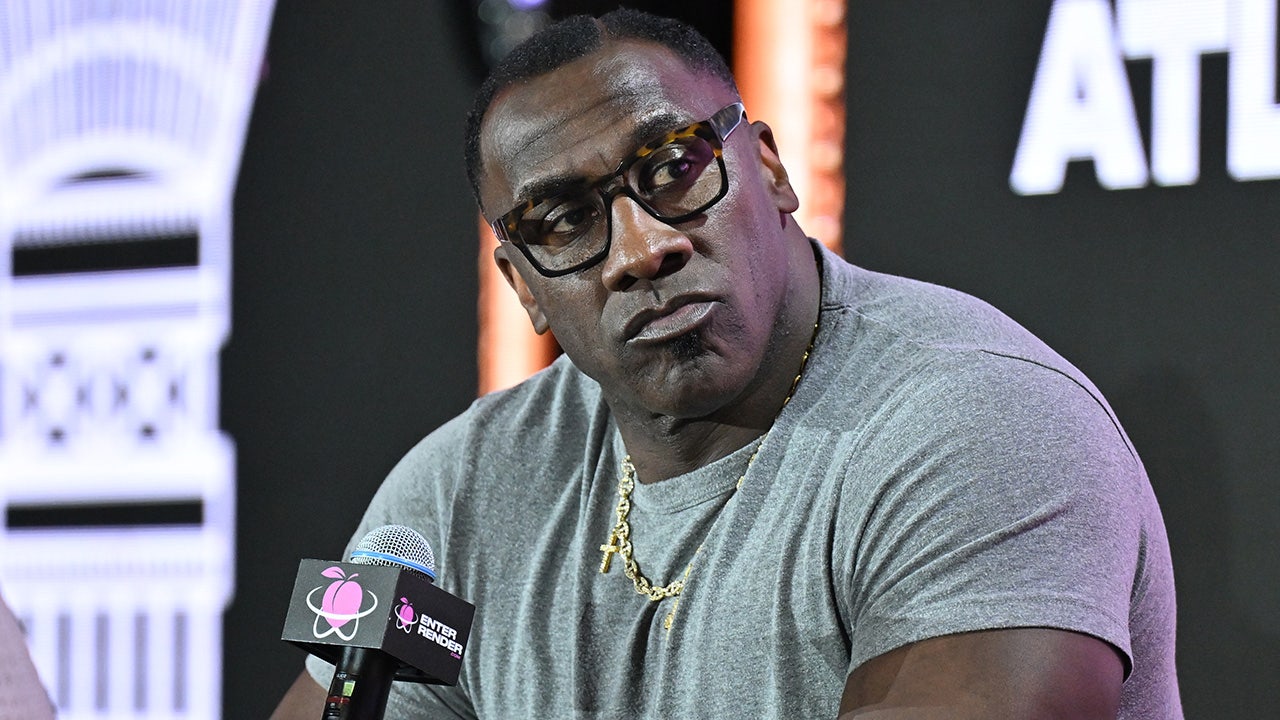
It was early in Shannon Sharpe’s professional football career when he decided he was going to stop sleeping at women’s houses, and he revealed why in a recent podcast interview.
The Pro Football Hall of Famer joined former NFL quarterback Cam Newton on the “Funky Friday” podcast. He talked about two separate occasions in which he got caught up in unwanted drama with women.
Denver Broncos’ Shannon Sharpe (84) in action vs Kansas City Chiefs in 1996. (Damian Strohmeyer/Sports Illustrated via Getty Images)
The first instance, he told Newton, was right after the Denver Broncos selected him in the seventh round out of Savannah State. He said he returned to Georgia after the draft and got back into town late and didn’t want to scare his grandmother at home with a late arrival.
He said he called a woman and asked whether she was dating anyone and, if not, if it would be OK for him to sleep over. Unfortunately, it didn’t go as planned.
“Cam, something told, ‘Boy, keep your clothes on.’ So, I got on shorts and I got on a T-shirt,” Sharpe said, painting the scene. “Man, have you ever had sleep paralysis? You can hear things, but you can’t move … . I can hear, and it’s getting louder, it’s getting louder, and they’re arguing. So, by this time – boom! The door flies off the hinges. … So, I’m jumping up like, ‘Hey what’s up, boy, what’s it about to be?’ I said, ‘Oh lord, he’s got some bodies on his resume.’ Yeah, I’m talking about those kind of bodies.’”
To his surprise, the man who entered the room where Sharpe was sleeping was a massive fan and told the tight end he gushes about his play on the football field to his friends.
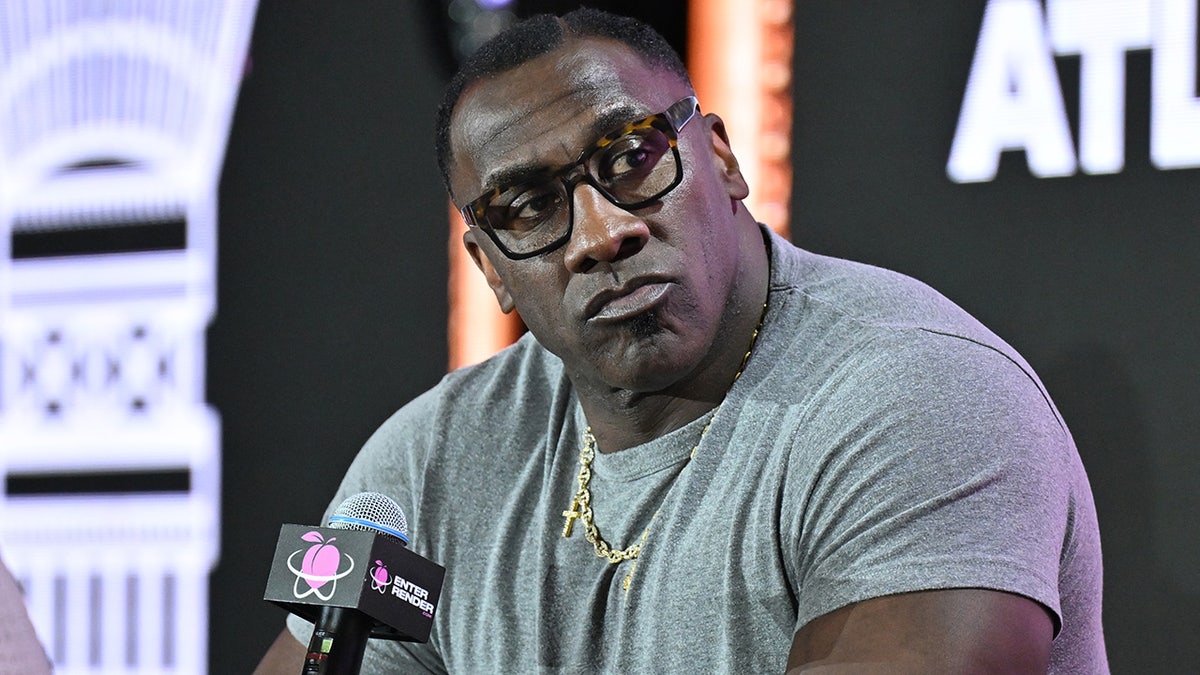
Shannon Sharpe speaks onstage during the RenderATL Tech Conference at AmericasMart Atlanta on June 14, 2024. (Paras Griffin/Getty Images)
FORMER NFL QB JAMARCUS RUSSELL FIRED FROM COACHING JOB, AS LAWSUIT CLAIMS HE TOOK HIGH SCHOOL’S DONATION MONEY
Sharpe said the man told him he didn’t have a problem with him but with the woman they were both dealing with.
“I’m tired of this ‘B’ lying. I’m saying to myself, ‘Me, too.’ Cam, man, I put my shoes on and booked it out of there,” Sharpe said, adding that he didn’t learn his lesson.
In 1993, Sharpe said he went back to Savannah State for homecoming while the Broncos had a bye week. He said he called a woman to meet up with while he was in town.
“I set my stuff down. And I’m looking at the door handle, it’s turning. … Dude come in. He got that [AK-47]. Oh lord, have mercy. I said, ‘Lord.’ And he look at me, and he said, ‘My man.’ I said, ‘Yeah.’ He’s about to ask me if I’m Sharpe. I said, ‘Yeah.’ He said, ‘I thought so.’ I said, ‘My man, is this your people?’ He said, ‘Yeah. Two years,’” Sharpe explained.
“I said, ‘My man, I ain’t know.’ I said, ‘You know who I am now.’ I said, ‘Man, my bad. You saved me.’ Because if I had not been [interrupted], I ain’t telling this story right now.”
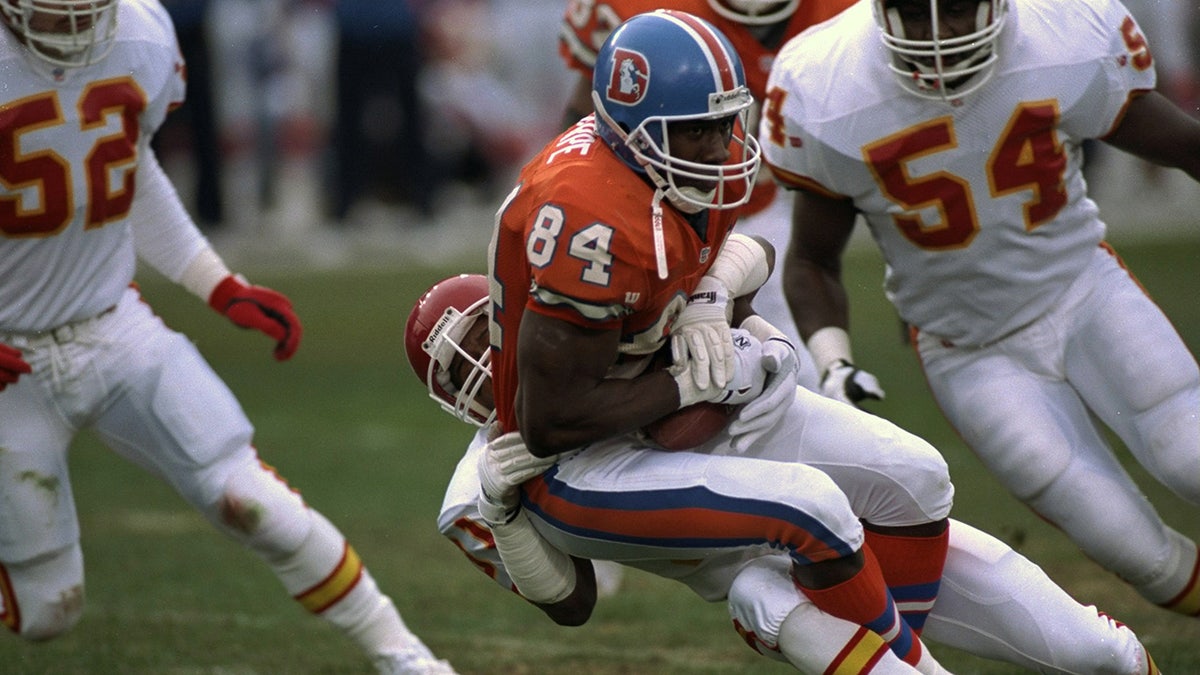
Denver Broncos’ Shannon Sharpe (84) in action during tackle vs Kansas City Chiefs. (Richard Mackson/Sports Illustrated via Getty Images)
Sharpe said he got in the car and started to drive away with his friend when he realized he had left his expensive jewelry at the house, and the man in question gave it back to him.
“I have not closed my eyes at another woman’s house in 31 years.”
Sharpe finished his career as a three-time Super Bowl champion and eight-time Pro Bowler. He played 12 years for the Broncos over two stints. He had two more years with the Baltimore Ravens.
Follow Fox News Digital’s sports coverage on X and subscribe to the Fox News Sports Huddle newsletter.
Sports
Bobby Bonilla Day: How his deferred contracts compare to Shohei Ohtani’s deal
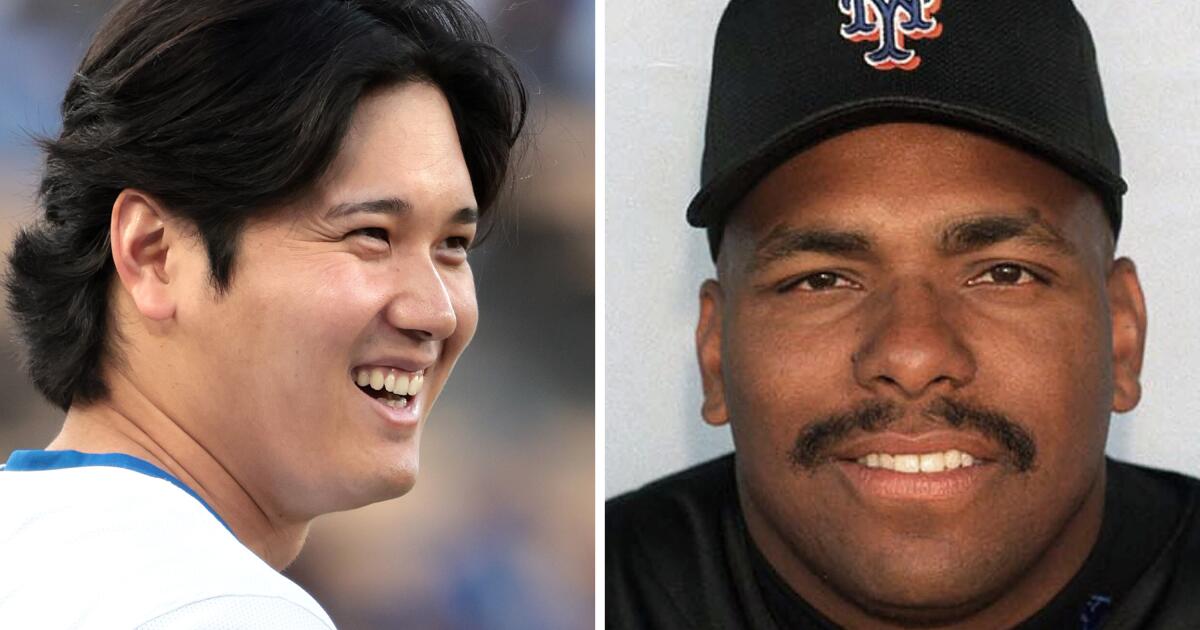
We should all enjoy a Bobby Bonilla Day. But we don’t. Only one 61-year-old former ballplayer receives a payment of $1,193,248.20 from the New York Mets every July 1 through 2035.
Why? Deferred is the word.
It isn’t Shohei Ohtani money, but it’s something. The payments to Bonilla started in 2011, 10 years after he retired. He was a solid hitter, amassing 2,010 hits, 287 home runs and 30.2 wins above replacement during a 16-year career in which he played for seven teams, including a 72-game stint with the Dodgers in 1998.
But it was the Mets, for whom Bonilla played from 1992 to 1995 and again in 1999, who reached an agreement with him to defer his $5.9-million salary in 2000 and instead receive the yearly payments from 2011 to 2035.
Again, why? As in, why would the Mets agree to pay Bonilla more than four times what they owed him, albeit far in the future?
At the time, Mets owner Fred Wilpon had invested heavily with Bernie Madoff and was reaping annual gains of up to 15%. Turns out Madoff made off with $65 billion from nearly 5,000 investors and was sentenced to 150 years in prison. Wilpon, who would have turned a $49-million profit by 2035 on the $5.9 owed Bonilla in 2000 had he earned just 10% a year, lost a fortune.
From a baseball standpoint, the move was shrewd because the cash saved was used to sign Mike Hampton, Derek Bell and Todd Zeile, who helped the Mets to the National League pennant in 2000.
Roster-building considerations also prompted the Dodgers and Ohtani to agree to defer all but $2 million of his annual salary until after his 10-year, $700-million deal is completed. Ohtani will receive $68-million payments annually from 2034 to 2043, without interest.
The structure was Ohtani’s idea, allowing the Dodgers to free payroll to sign more star players over the next decade. Shortly after Ohtani signed, the Dodgers reached agreements with free agent pitcher Yoshinobu Yamamoto (12 years, $325 million), free agent outfielder Teoscar Hernandez (one year, $23.5 million) and trade acquisition Tyler Glasnow (five years, $136.5-million contract extension).
The Dodgers, in fact, have made Bonilla’s yearly deferred income look like chump change. Mookie Betts has $115 million of $365 million deferred, Freddie Freeman has $57 million of $162 million deferred and Hernández has $8.5 million of $23.5 million deferred.
Deferring salary is generally not a sound financial strategy for a player because of inflation, according to the Major League Baseball Players Assn. The “net present value” of a contract — how much a deal with deferrals would be worth if paid out in the present day — is significantly lower than the guaranteed total. The net present value of Ohtani’s $700-million contract is only $437.5 million, and only $46 million currently counts toward the Dodgers’ luxury tax threshold.
Players union chief Tony Clark told The Times during spring training that he has no problem with players agreeing to defer salary.
“We offer them perspective. We offer them history,” Clark said. “We offer them any information to help them make the best decision they can themselves.”
Bonilla’s deferred money and annual payments from the Mets — which continue through his 72nd birthday — are part of that history.
So is a lesser-known fact: A separate deferred-contract from the Baltimore Orioles that began in 2004 pays Bonilla $500,000 a year through 2029, boosting his yearly income from deferred salary to $1,693,248.20.
-

 News1 week ago
News1 week agoA Florida family is suing NASA after a piece of space debris crashed through their home
-

 World1 week ago
World1 week agoIsrael accepts bilateral meeting with EU, but with conditions
-

 World1 week ago
World1 week agoIsrael will be the ‘ultimate loser’ in war with Hezbollah, Iran says
-

 World1 week ago
World1 week agoNew Caledonia independence activists sent to France for detention
-
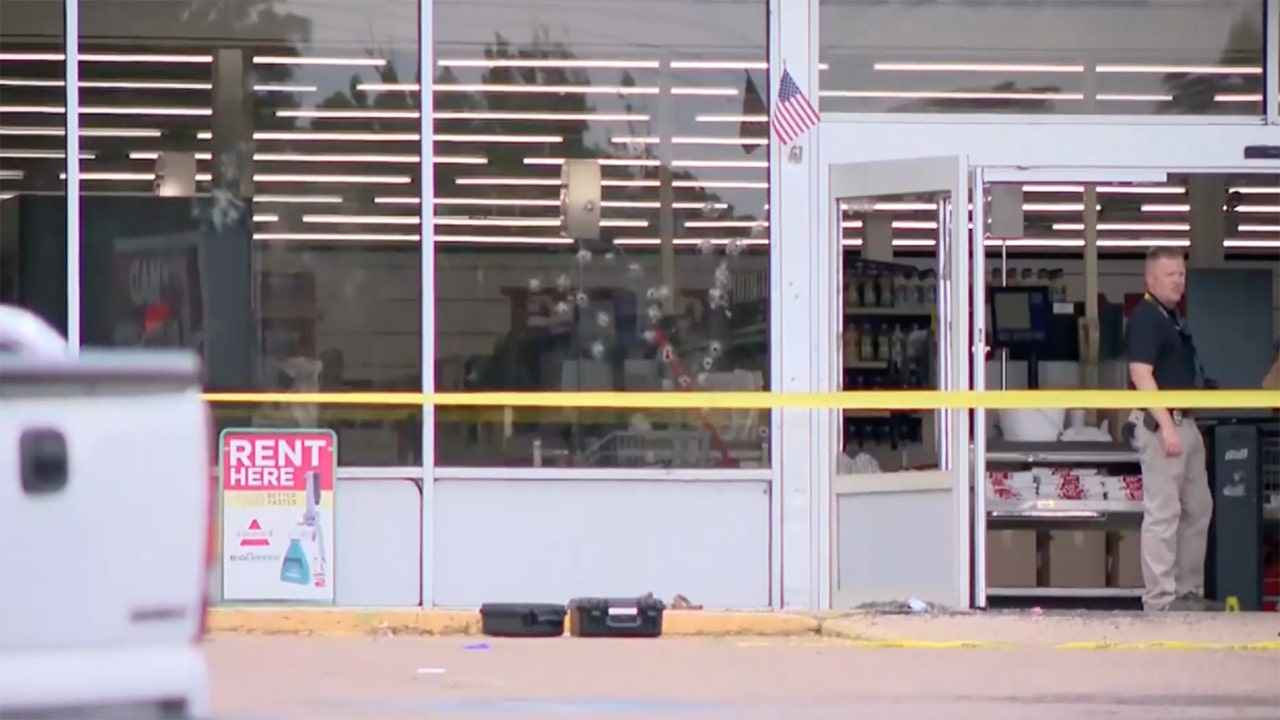
 News1 week ago
News1 week agoArkansas police confirm 4th victim died in grocery store shooting
-
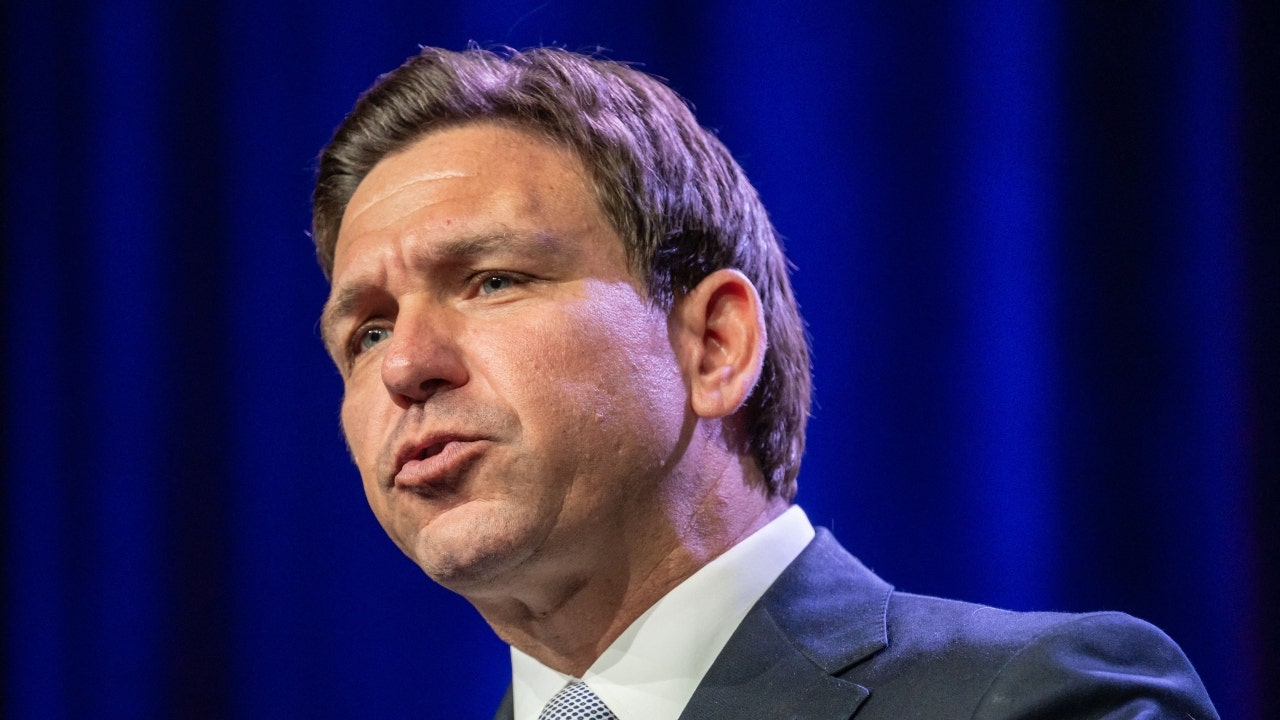
 Politics1 week ago
Politics1 week agoDeSantis signs bill allowing residents to kill bears, vetoes bill that fines slow left lane drivers
-

 World1 week ago
World1 week agoNetanyahu says war will continue even if ceasefire deal agreed with Hamas
-

 Politics1 week ago
Politics1 week agoTexas Lt. Gov. Dan Patrick pledges to pass Ten Commandments bill after Louisiana passes similar law



/cdn.vox-cdn.com/uploads/chorus_asset/file/25513843/2150185299.jpg)
